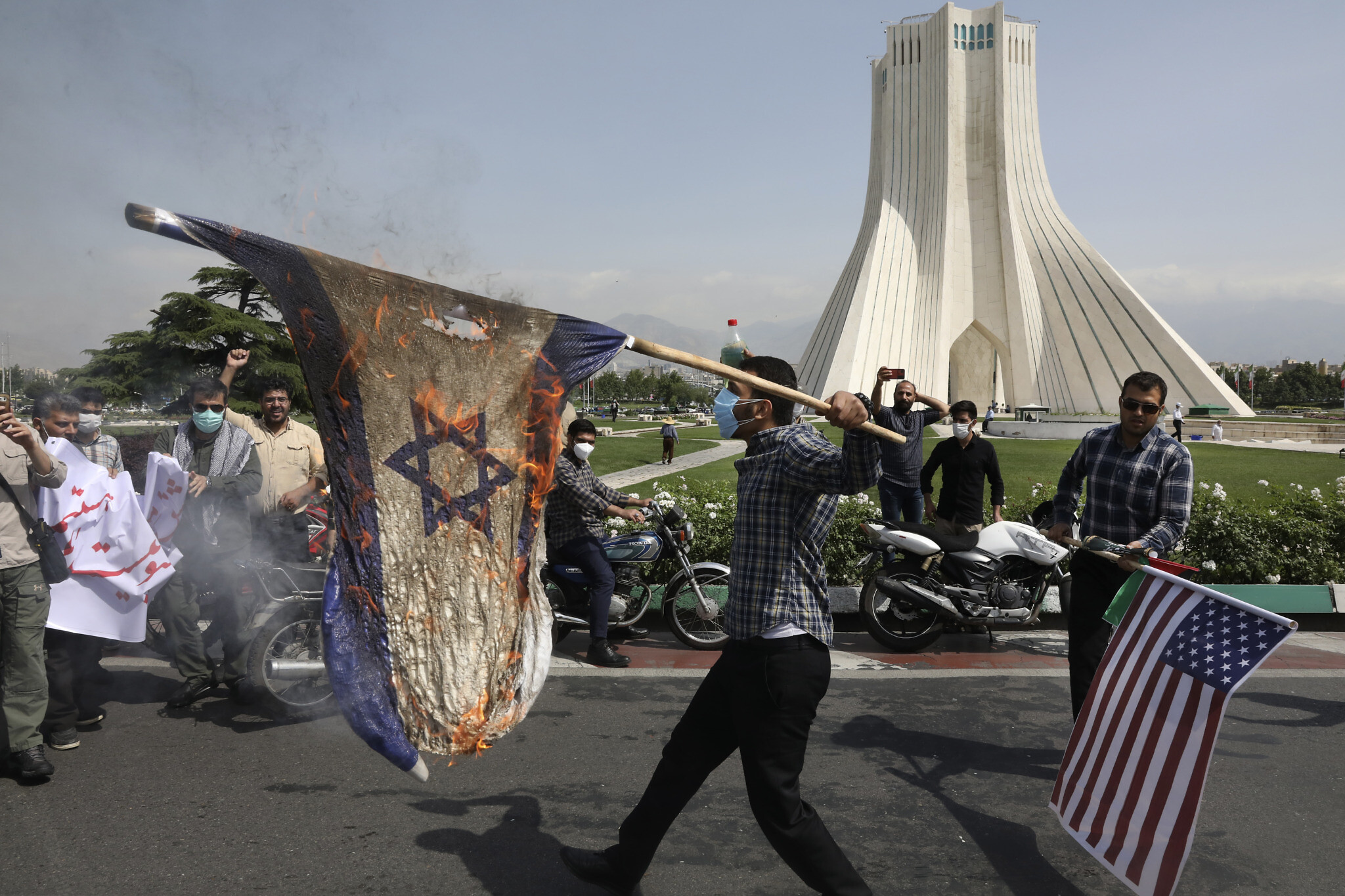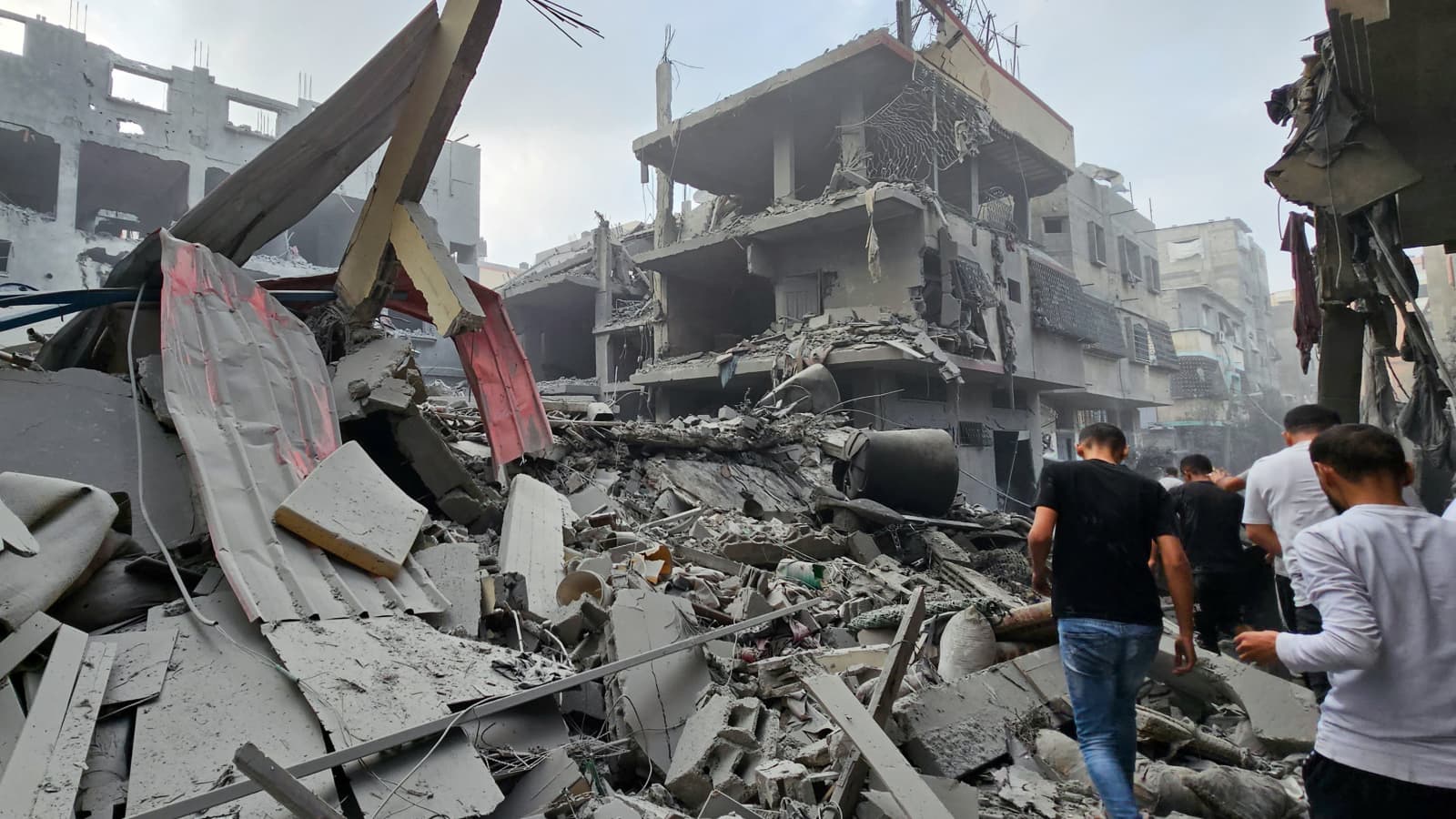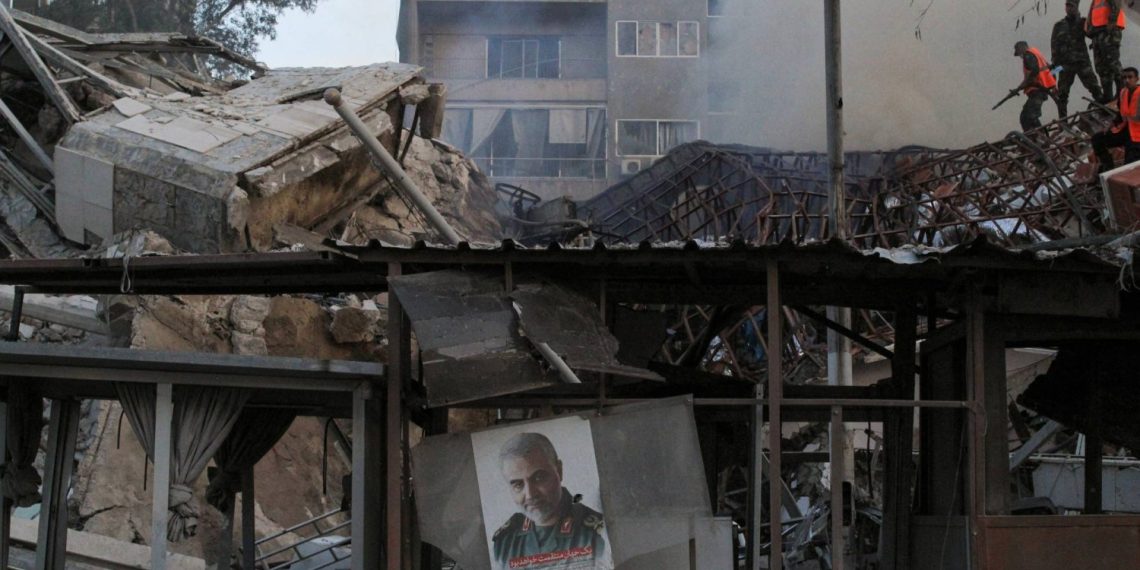Iranians face heightened anxiety amid the prospect of Israeli retaliation following a recent drone and missile attack. Economic hardships and social constraints compound concerns, with fears of further escalation exacerbating tensions.
Warnings from Iran’s political and military leaders about potential retaliation deepen apprehensions among ordinary citizens. Many express dread over the economic fallout and safety risks associated with potential conflict.

Housewife Parvaneh, residing in Yazd, voices concerns about the impact of an Israeli strike on the already weakened economy.
Economic woes, including inflation exceeding 50% and rising prices, weigh heavily on middle and lower-income Iranians.
Despite a sense of pride in Iran’s retaliation against perceived Israeli aggression, anxiety pervades society. Hossein Sabahi, a government employee in Tabriz, expresses pride in the attacks but acknowledges underlying fears.
War jitters contribute to currency fluctuations, with demand for hard currency surging amidst uncertainty. The Iranian rial experiences sharp declines, reflecting widespread apprehension.

Moreover, the potential for social unrest adds to the prevailing unease. The possibility of protests, fueled by economic frustrations and social restrictions, looms large, posing additional challenges to the Iranian leadership.
As Western governments evacuate diplomatic families, Iranians interpret the move as a sign of impending conflict and increased isolation.
Engineer Mohammad Reza in Tehran highlights concerns about heightened isolation and misery amidst escalating tensions.





